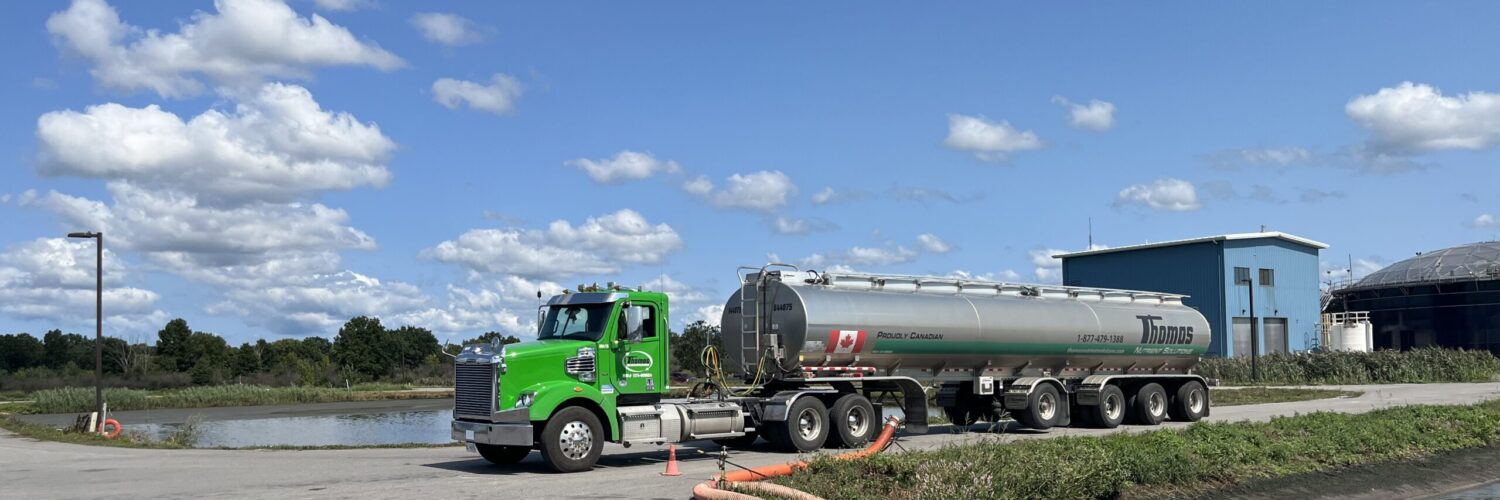Water remains one of the most essential ingredients for life and it is important to maintain a steady supply of it for the health of industries and the general public. Wastewater treatment managers have the daunting task of ensuring that the water they provide is properly processed and that any current or future challenges can be dealt with. With that in mind, here are a few of the trends that can influence the availability of this life sustaining compound.
Water security is one of the priorities of the U.S. Environmental Protection Agency (EPA). It is responsible for securing the production of safe, drinking water which entails protecting the water treatment infrastructures from both internal and external threats. Evaluation of the water production facilities are needed to identify vulnerabilities from either natural or man-made disasters and a systematic plan of action is required for reducing the consequences to ensure that the water production is not disrupted or halted. This kind of preparedness requires the participation of wastewater utility managers, board members, elected and appointed officials to be effective.
Preparing for Climate Change
Climate change is a major factor that can affect water supplies. Clean water is vital to sustain health and is essential in agriculture, energy production, manufacturing, etc. This kind of demand could put a strain on water resources which can only get worse with the effects of climate change. Water could dry out in some areas while excess runoff, flooding and increase sea level rise could affect others. This can wreak havoc on the quality of the water and damage infrastructures that are used to produce and deliver potable drinking water. The earth’s ecosystem relies on a consistent cycle of precipitation and evaporation to maintain the delicate balance of life.
Recycling
Recycling water is another issue that could affect water stores. Recycled water can be sufficient to satisfy most water demands as long as it is adequately treated. Additional treatment may be necessary for water that is close to communities. The consequences of inadequate treatment of water can lead to many health problems such as disease and chemical contamination. A large part of recycled water is used primarily for industrial purposes and is non-potable. They are used for cooling power plants and oil refineries, the production of paper, toilet flushing, dust control, construction, concrete mixing, and artificial lakes. Potable water uses include human consumption, recharging ground water aquifers and water reservoirs, and the prevention of saltwater intrusion into coastal areas.
New Technologies
New technologies continue to push the boundaries of how we can process and treat water. Emerging technologies like ultraviolet disinfection and desalination are proven to be more effective at water treatment but the challenge for managers is how to use these new processes with constrained or limited budgets.
Educating the Public
Educating the public on responsible water use has become imperative to maintain adequate water supplies for the future. The United Nations has begun promoting sound water practices in developing nations to teach them the proper way of water fetching, sanitation, and hygiene. It is the hope that this will lead to behavioral changes. Educational institutions and governments should ensure a sustainable and institutionalized educational program for responsible water usage to make sure that water supplies will be adequate for generations to come.
If you are a municipality in Ontario and in need of a biosolids management solution, please feel free to contact us at 1 (877) 479-1388.
Sources:
Ensuring Water Security for Future Generations

